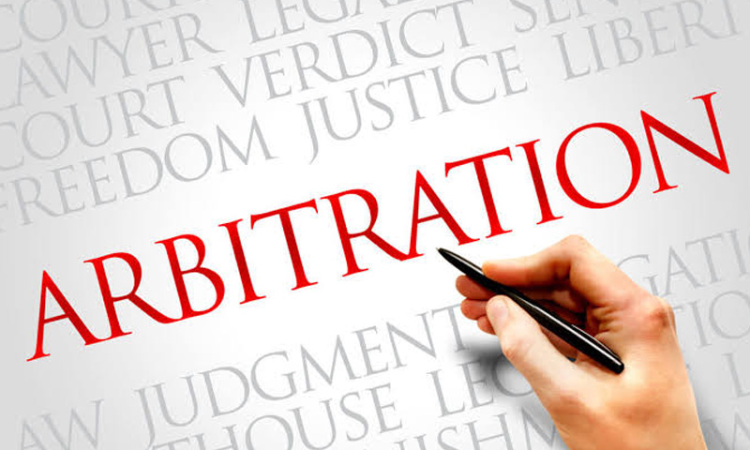The Delhi High Court bench of Justices Rekha Palli and Saurabh Banerjee affirmed that the Court under section 37 of the Arbitration Act cannot undertake an independent assessment of the merits of the award, and must only ascertain that the exercise of power by the Court under Section 34 has not exceeded the scope of the provision Brief Facts The present appeal under Section 37 (1)...

